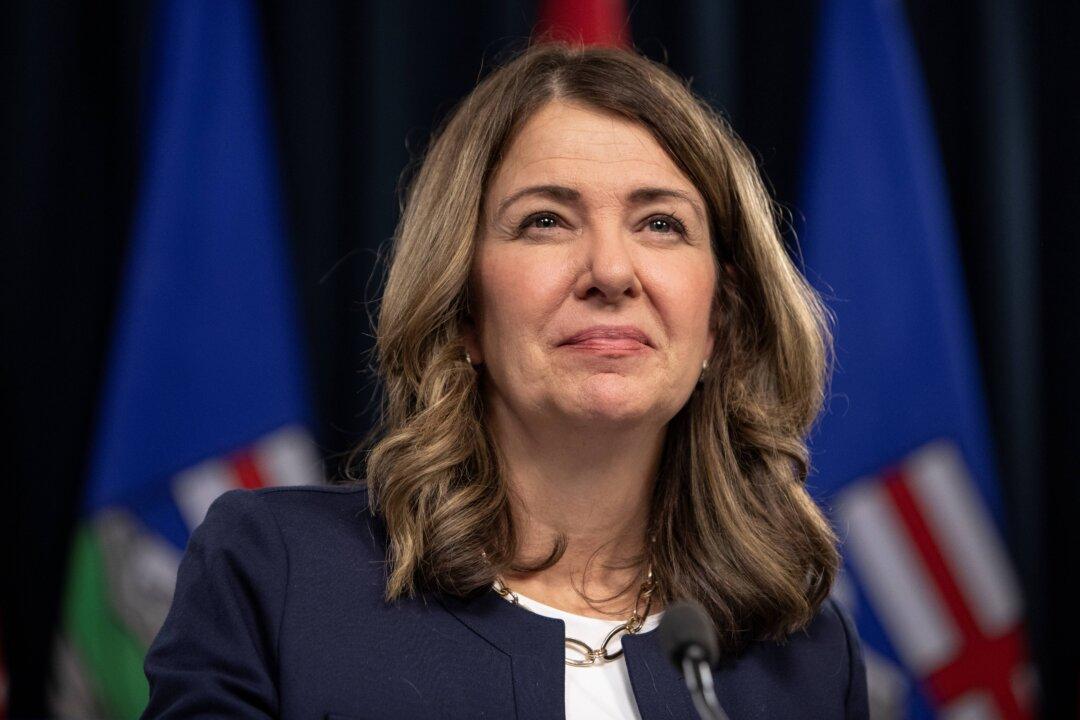Prime Minister Justin Trudeau is downplaying concerns that Canadians’ support for immigration could be eroded amid a lack of housing, saying immigration can provide the labour to build more housing.
“One of the things I have heard consistently in the construction industry is the lack of labour: more carpenters, more skilled labourers, more folks to work in the construction industry to build the homes that we are needing to match the growing economy that we have right across the country,” Mr. Trudeau said during a press conference in Cornwall, P.E.I., on Aug. 21, ahead of the Liberal cabinet retreat.





